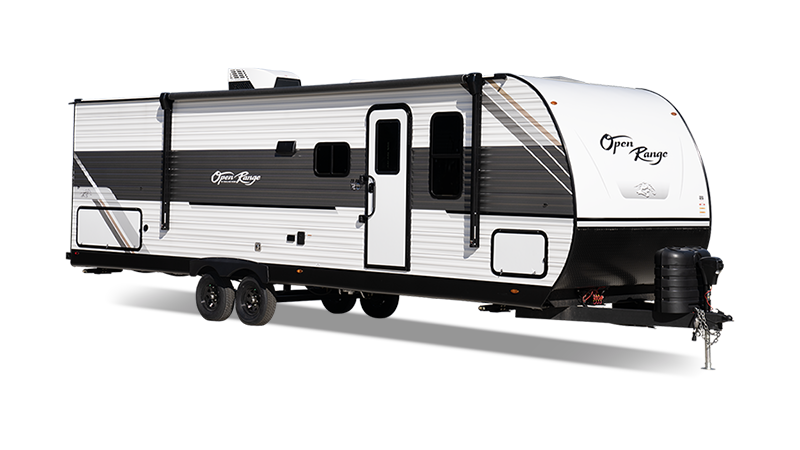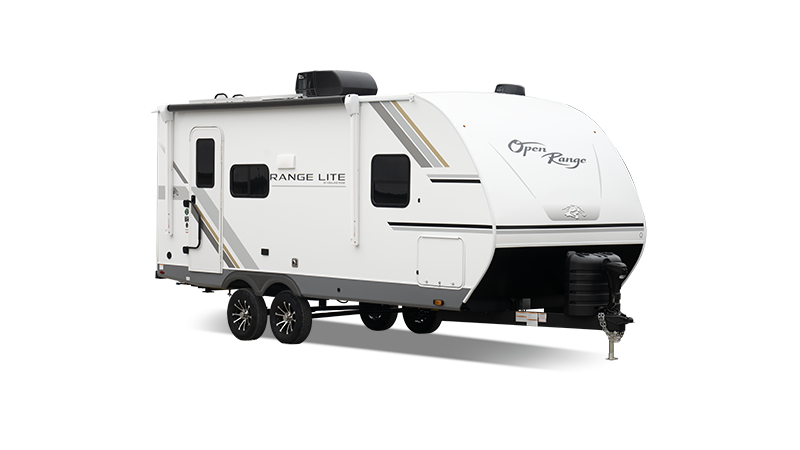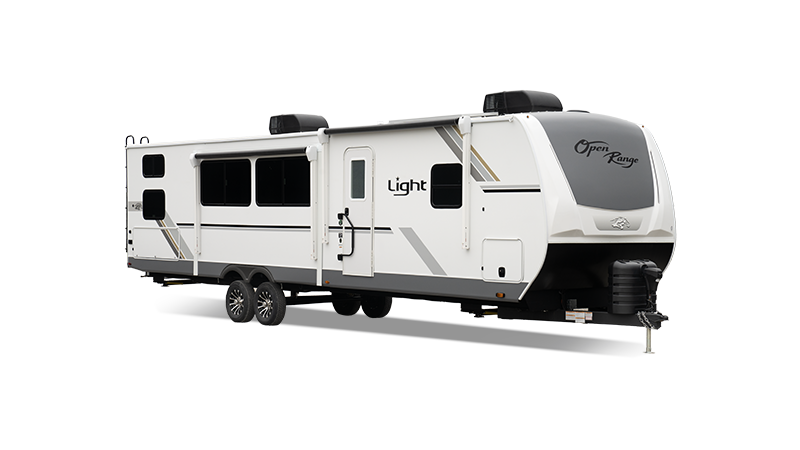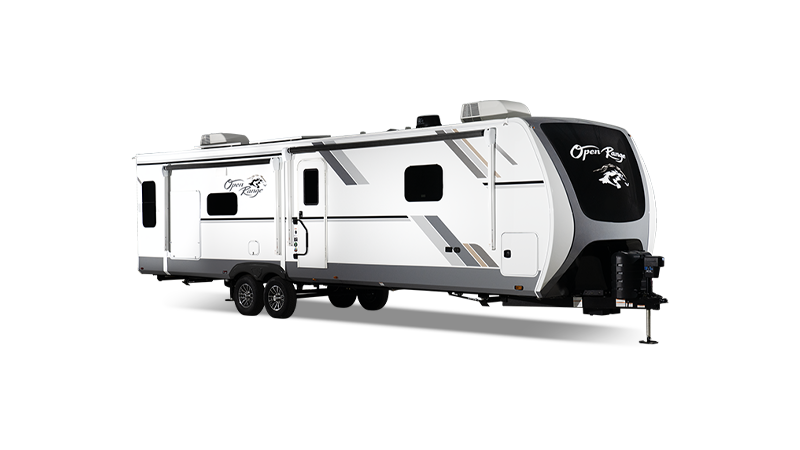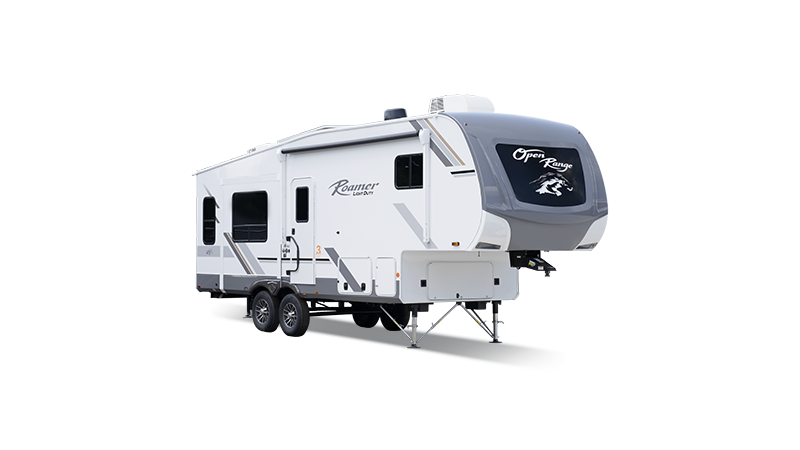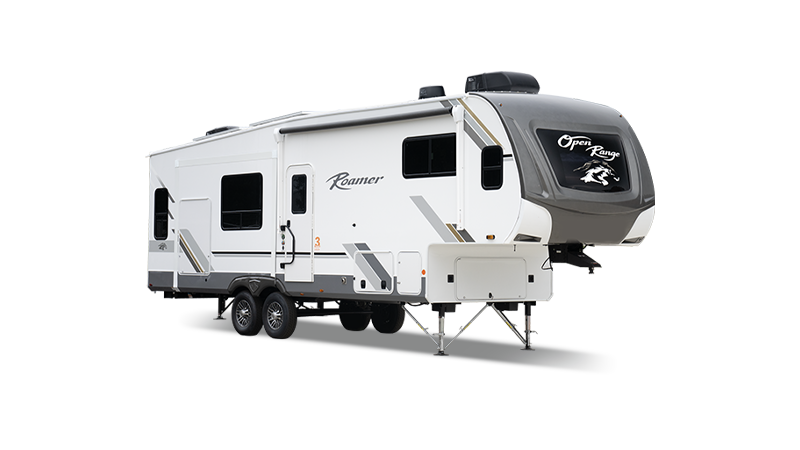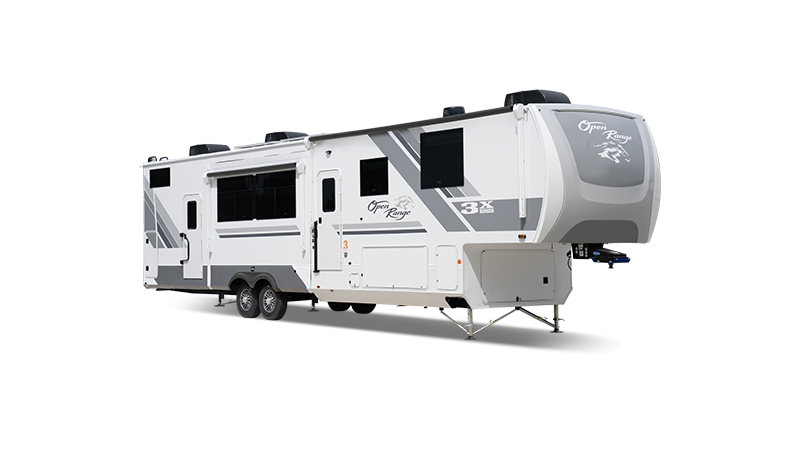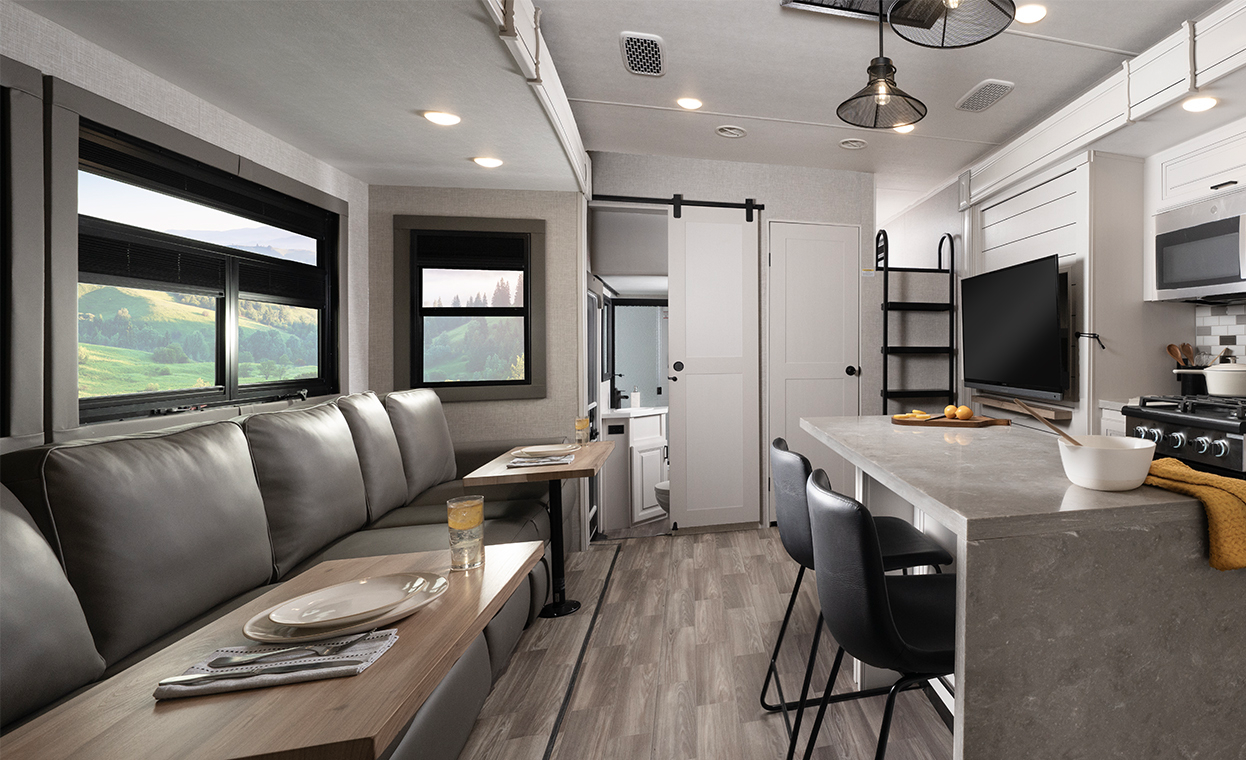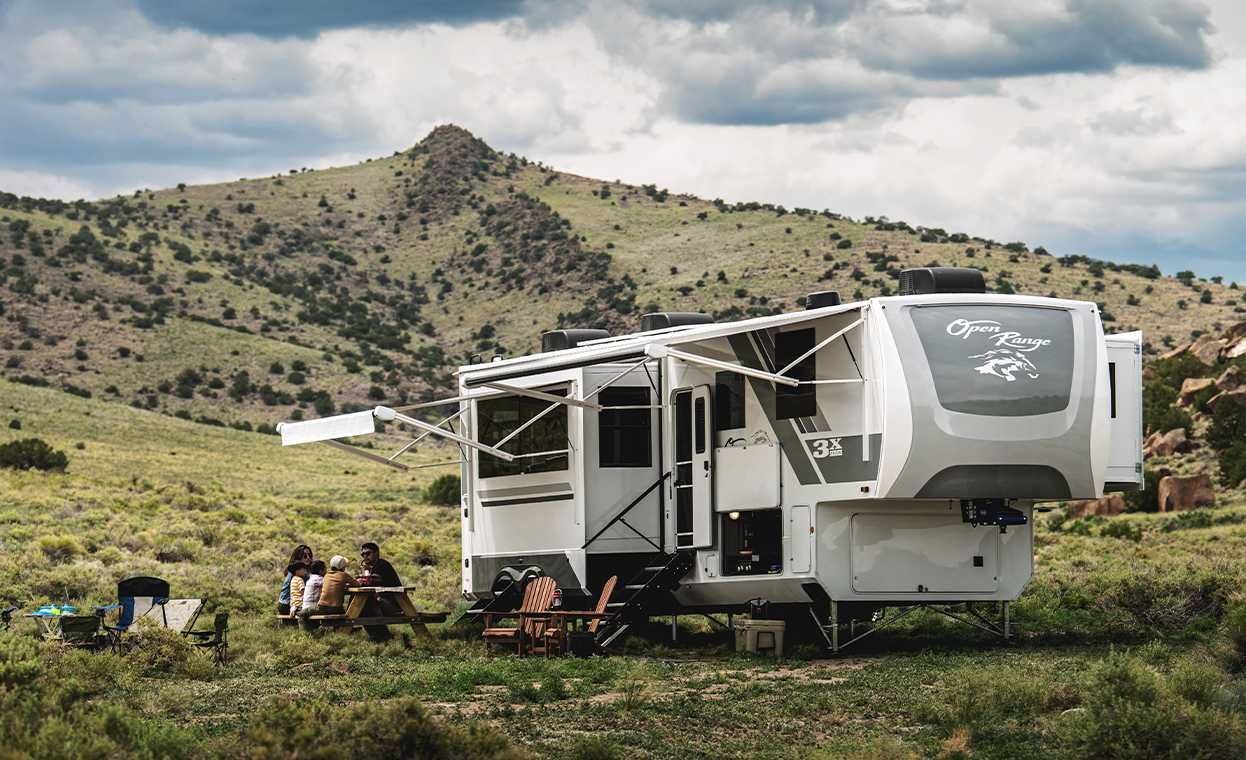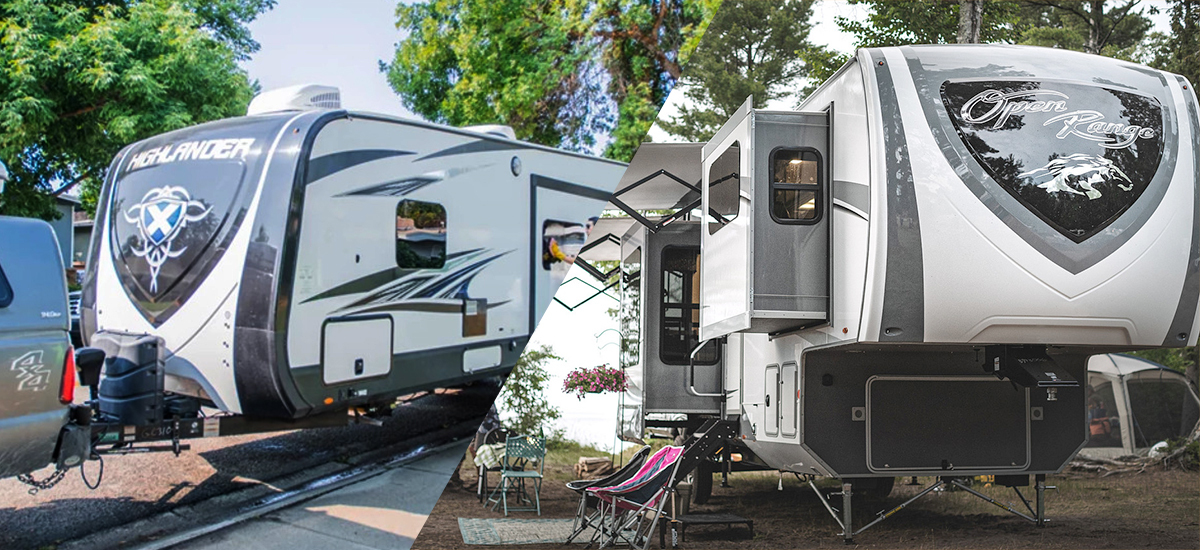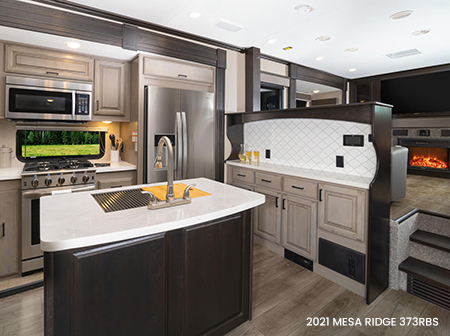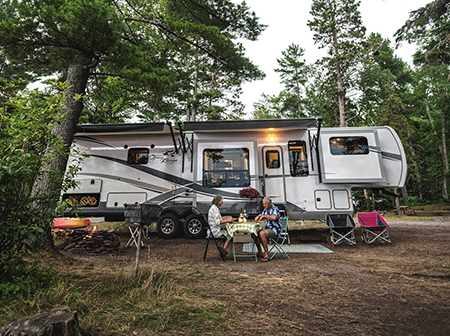Our expertise in fifth wheels and travel trailers has taught us that people love towable campers because they don’t require engine maintenance, unlike motorized units. Eliminating the upfront cost of the engine can free up some budget for additional options on a towable unit. Plus, the sheer variety of sizes, prices, and floorplans is appealing. Plus, the ability to detach the tow vehicle for day trips or errands is also really convenient.
When it comes to choosing between travel trailers vs 5th wheels, the differences aren’t as stark. Don’t think of it as fifth wheels being ‘better’ or travel trailers being ‘better’; it’s more about fit, which kind of trailer best suits how you want to travel. That brings us to a couple rules you should always follow when shopping for an RV.

